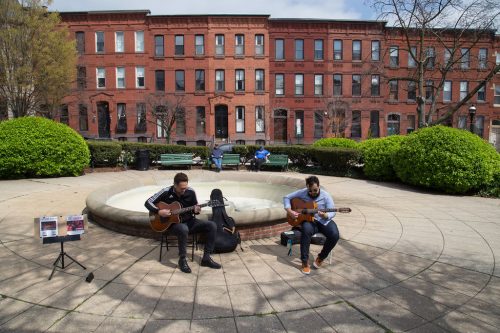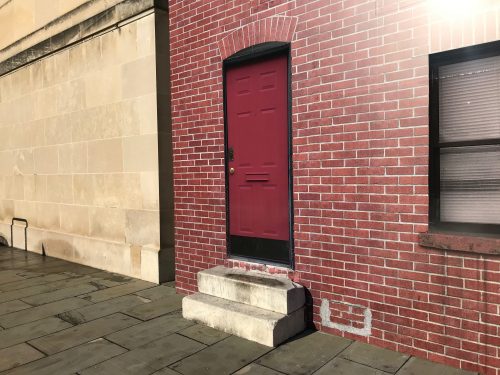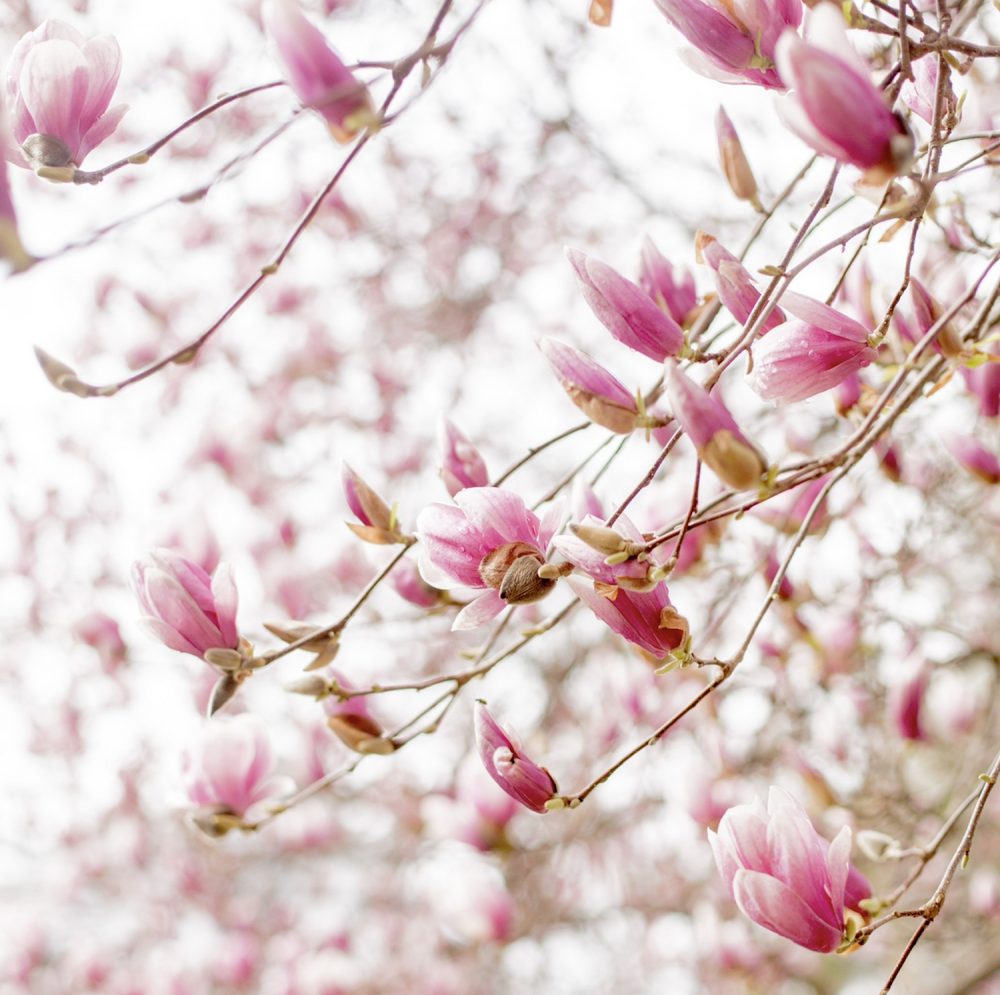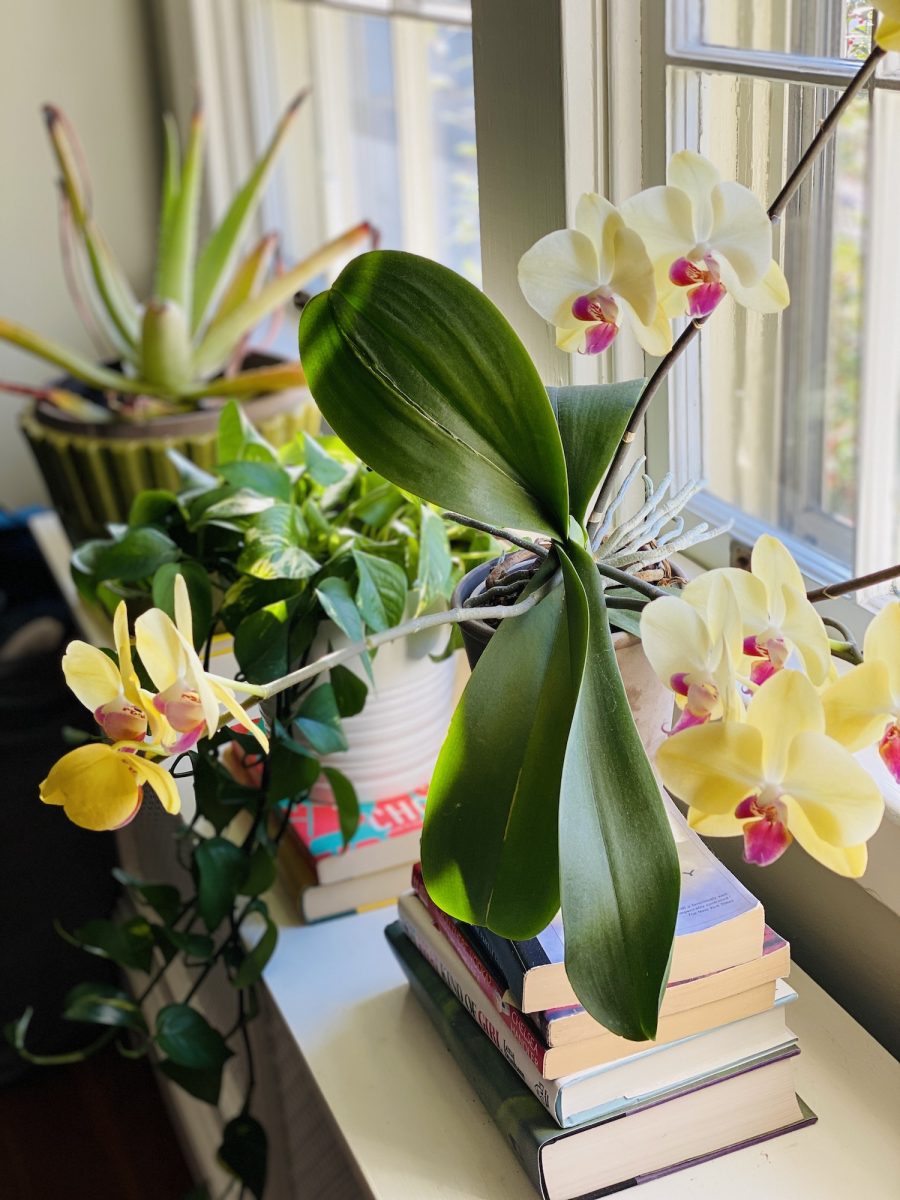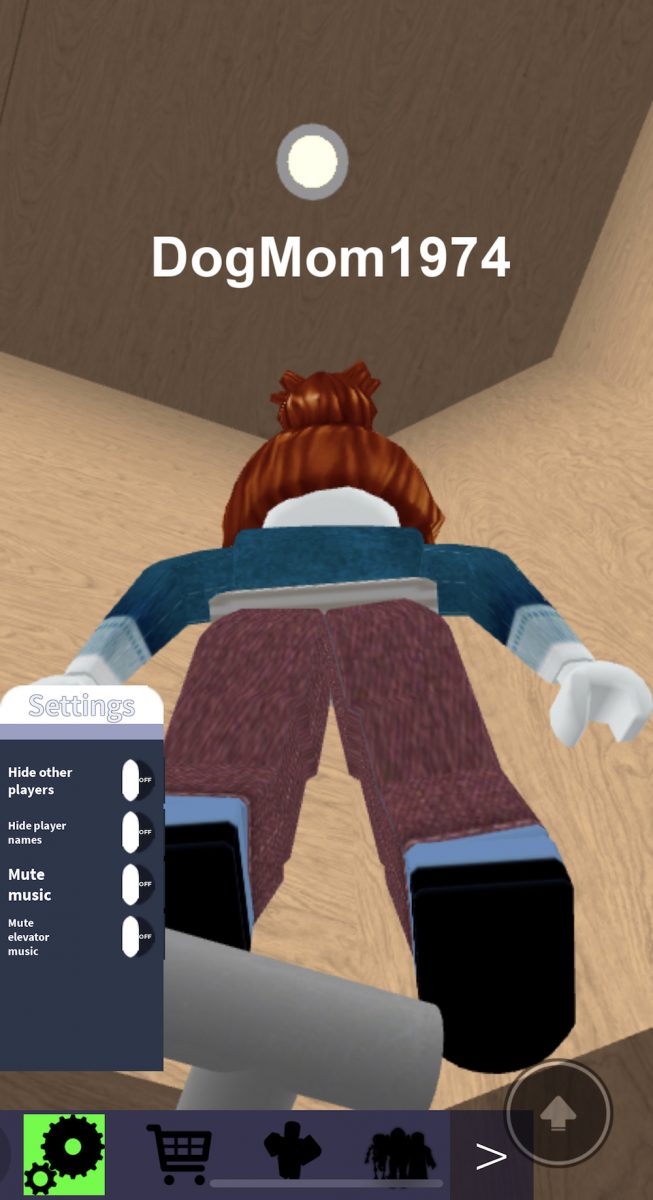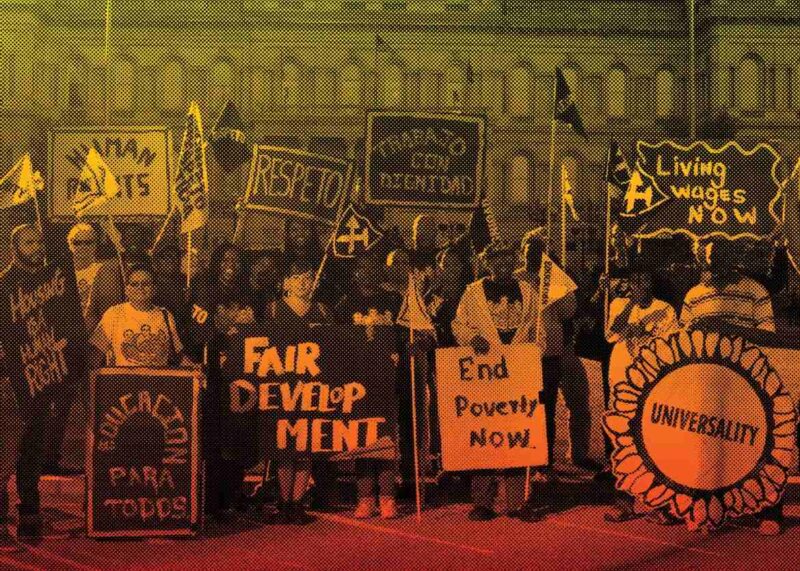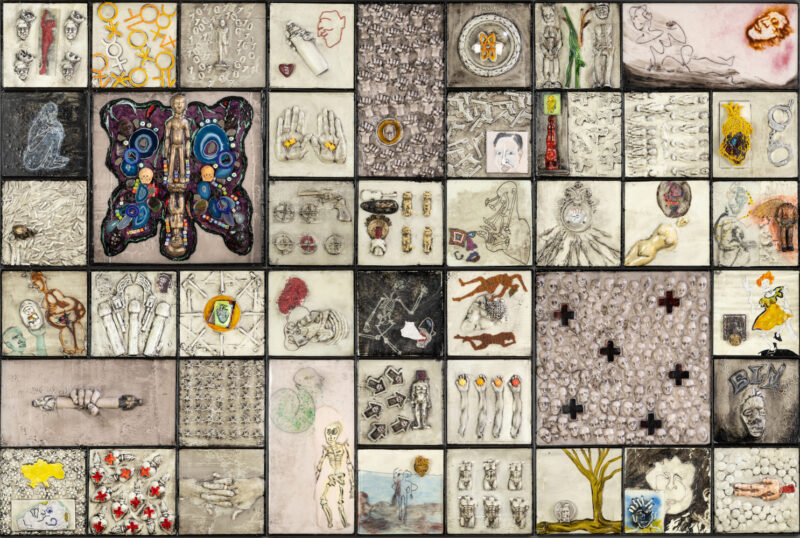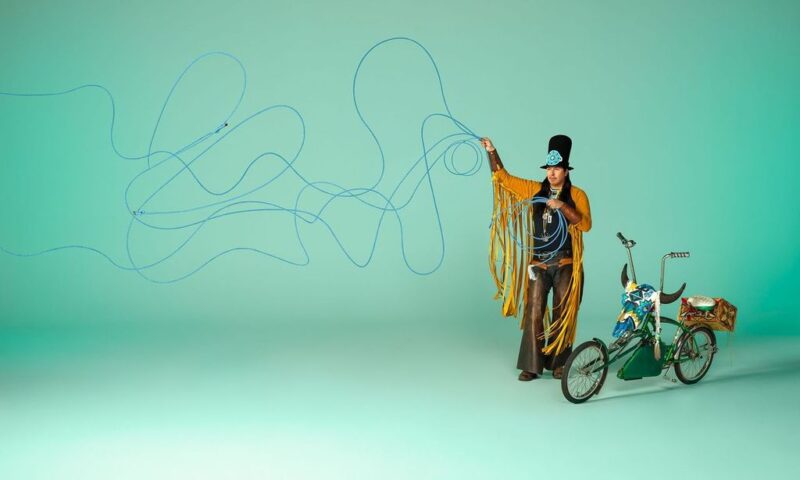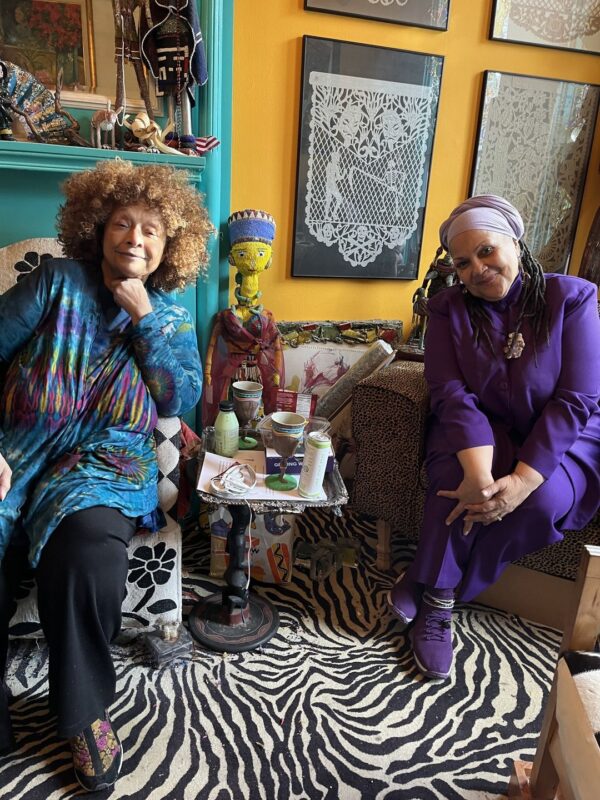I wake up in the darkness and reach over to pat my husband’s hand. Of course it isn’t there. He moved into our guest bedroom two and a half weeks ago when I got sick with coronavirus symptoms. After twenty years of sleeping next to him, a few weeks of illness are not enough to erase my body’s instinctual need to touch him. After hospitalization for pneumonia, I am convalescing at home and have not had a fever in over a week. I am tired, I deal with daily headaches, and I have lost close to ten pounds. The good news is I can take a deep breath, though my lungs sometimes ache in a way that is dull but alarming. I puff on an Albuterol inhaler every six hours for relief and take Tylenol for the headaches. I am recovering, and I feel lucky to be alive and that my family appears, from a distance, to be healthy.
The most surreal part of my experience is one shared with most human beings right now: the palpable sense of being alone. Even though I am in the same house as my husband and son, I cannot go near them. I cannot touch them or the things they might touch. I was instructed to self-quarantine at home for two weeks after leaving the hospital, and one week is over, but I’m not sure when, if ever, I’ll feel safe touching them. There’s so much guilt and fear around Covid-19, and I regularly talk to a number of other people suffering from fevers, aches, chills, and restricted breathing who are in the same predicament as me or on a similar trajectory.
One friend who was hospitalized and released about the same time is still getting daily fevers a week after release, and her daughter can only visit her room at home briefly and with a mask on. A neighbor and friend, an ER nurse, announced via Facebook that she has made the difficult decision to cease any kind of physical touch with family members when she comes home from work, in order to protect them. “I’m super depressed that I didn’t savor the tight squeezes and smooches I got last night before heading to bed,” she says. Her lament makes me cry and I would wager that the majority of human beings in the world feel this way, although perhaps not as acutely as health care workers do.
We are all, in one way or another, alone. Humans are social animals and there are so many people we love. Life and death in the United States hangs upon our collective decision to stay home, quarantine, and, for many, to cease physical interactions with those in our homes until this crisis is over.
Until two weeks ago, being single or living alone was an option that seemed rather ideal to me. You can keep an absurd variety of houseplants, host dinner parties any night of the week, read a book in its entirety in one sitting, stay out late, sleep in, day drink, and never have to watch an Avengers movie. Under normal conditions, living solo is an adult smorgasbord of enviable options. I’m not saying I regret my own choices, just that the grass on the other side was a beautiful and verdant green.
Now the world is upside down and, for many living solo, their lifestyle feels lonely and restricted, a punishment or even a torturous solitary existence. When it’s by choice, the decision to live alone and care for oneself is a form of freedom, but under a stay-at-home order, coupled with the very real possibility of exposure to the coronavirus, sickness, and death, the decision to live alone feels like a precarious and cruel accident, and this is difficult to bear.
For those in a solo quarantine right now, it’s easy to idealize the living situations of those with partners or roommates or families, and to feel uniquely cursed, but the way you react to this plight is also a choice. Whether we live alone or with others, humans need each other like plants need sunlight, and this is why Covid-19 has spread so successfully: It harnesses our basic human impulses to thrive. Now, more than ever, it is essential that we shelter in place and stay home, all alone, not just to protect ourselves but to shield others from sickness and death.
